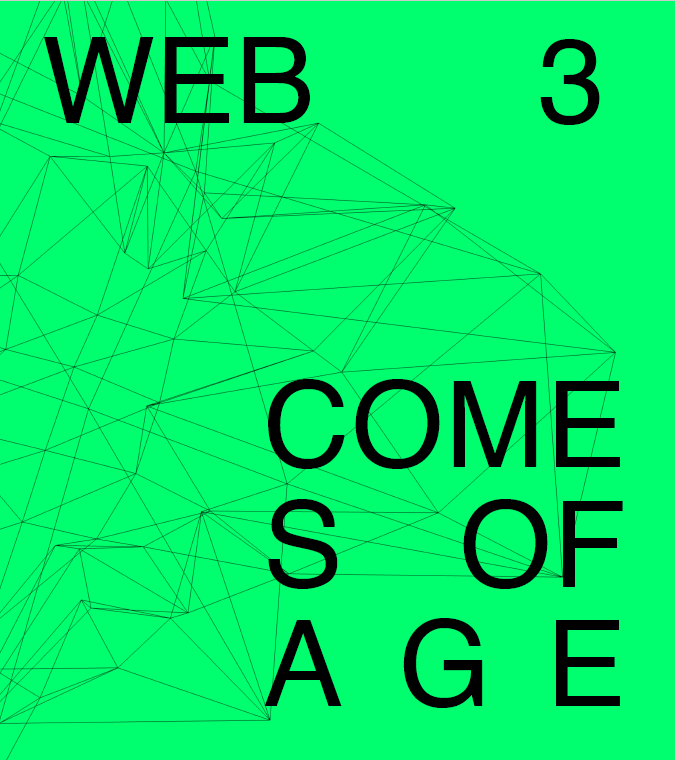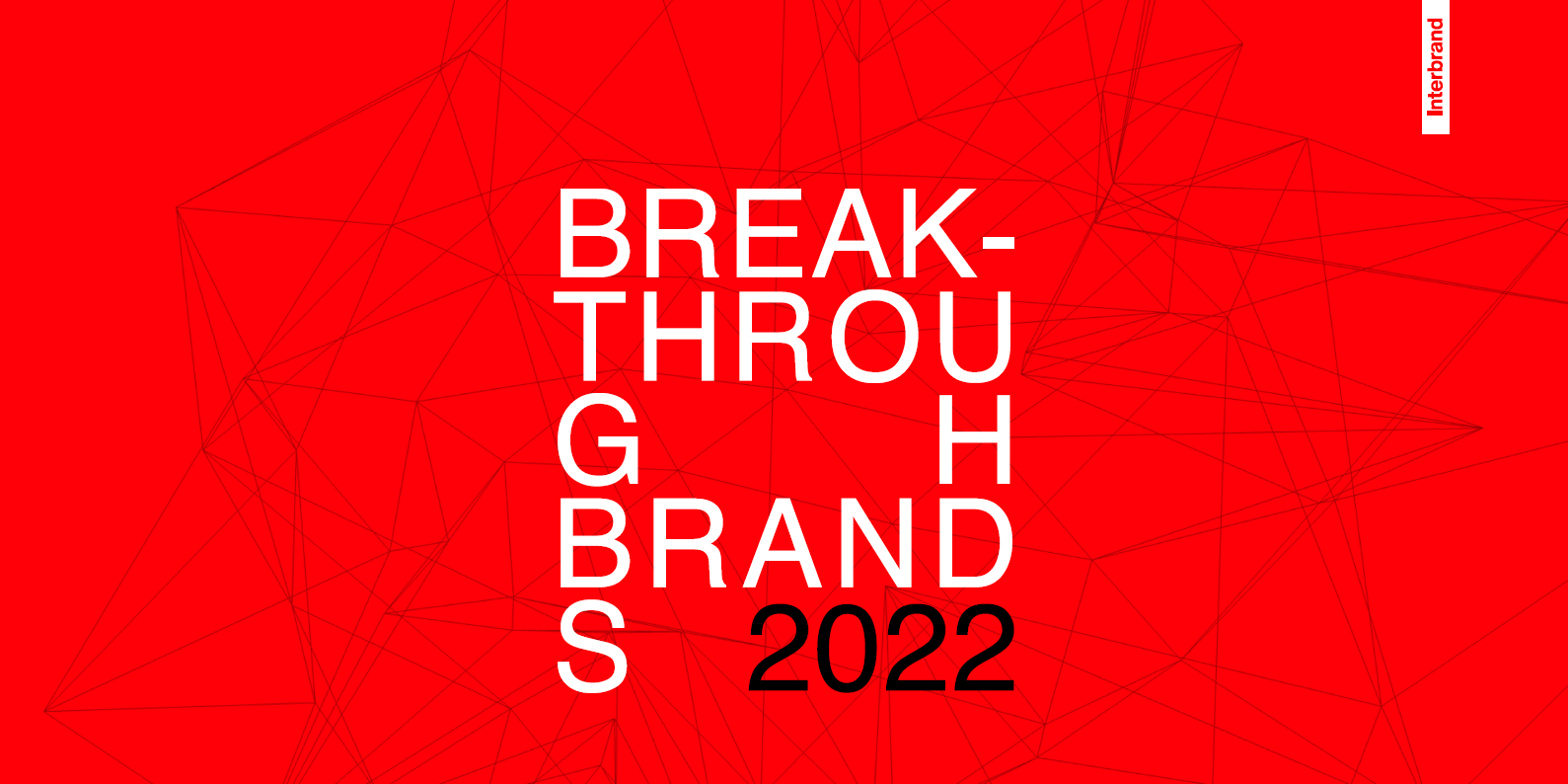Breakthrough Brands 2022:
Web3 Comes of Age

How brands are building the blockchain ecosystem
This past year saw cryptocurrency hit the mainstream, with four crypto ads during the Superbowl, El Salvador naming Bitcoin legal tender, and the EU introducing regulation. As crypto continues to become more widely understood and accepted, blockchain capabilities beyond decentralized finance have gained momentum, particularly non-fungible tokens (NFTs), decentralized autonomous organizations (DAOs), and play-to-earn gaming. And if Web3’s grandest vision is fully realized, the internet of the future will be built on the blockchain—a new internet created around the shared purpose and promise of decentralization.
What do we mean by a decentralized internet? It aspires to be a more egalitarian system, where users gain real world value in cryptocurrency from the work they put into the organization, game, or network. Governance of these apps and systems is also distributed to the token holders of the organization. But at times, Web3 struggles to uphold this techno-idealist vision. While it may be accurate in some instances, in others we are already seeing something closer to neo-feudalism, with a few controlling the power on the blockchain, especially when the proof-of-stake approach is involved.
There are other issues that encircle the rise of Web3 and blockchain. In the short term, Web3 still needs to address issues of network volatility, cybersecurity (such as key storage), and energy usage—a pressing concern on which complementary chains to Ethereum are working. Additionally, as an arena dominated by libertarians, finance professionals, and computer engineers, the gender dynamics skew heavily male. According to our research with Vox Media, only 25% of US women admit they are familiar with blockchain—compared to 46% of US men—weaving potential gender biases into Web3’s social fabric. For example, Uniswap, a popular blockchain exchange, gave its early users control over governance protocols (a common practice across Web3)—which means Uniswap’s predominantly male early users will have the power to decide the governing protocols, whereas later joining users, including women, will have less of a say.
Web3’s rapidly evolving ecosystem leaves us with more questions than answers. Will crypto replace the US currency as the global reserve? Will NFTs become a prominent status symbol, or fade away as a fad? Will a future where everything is tokenized be more democratic or more dystopic?
As branding experts, what is clear to us is that community building will no longer be a concern only for marketers—it will be at the core of these brands’ survival. Everyone will become both investor and shareholder, making it critical for businesses to cater to the collective needs of the community. We can only hope that this emerging generation of founders build conscious companies from the outset that can rise to meet the challenges of a truly decentralized, multi-nodal internet.
